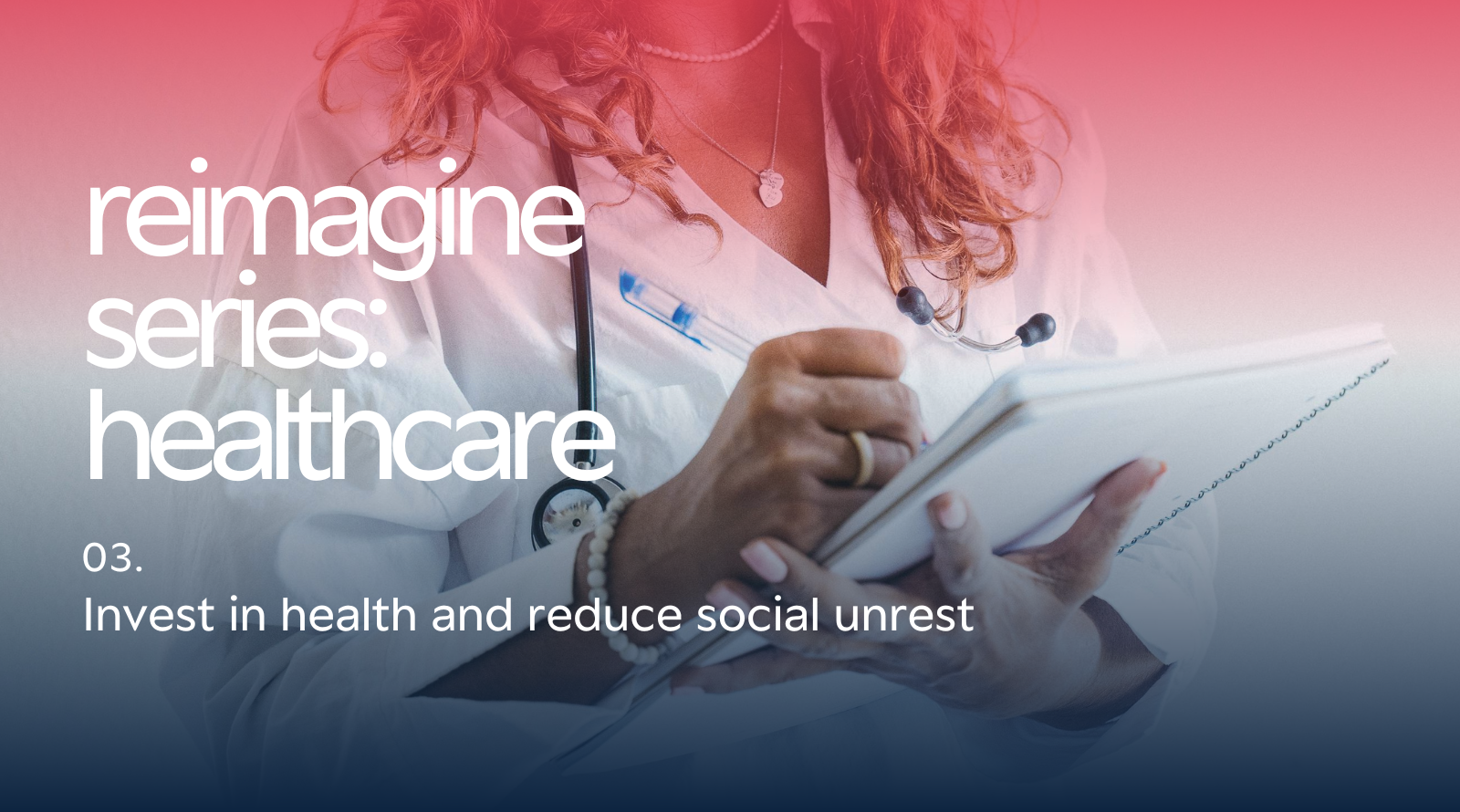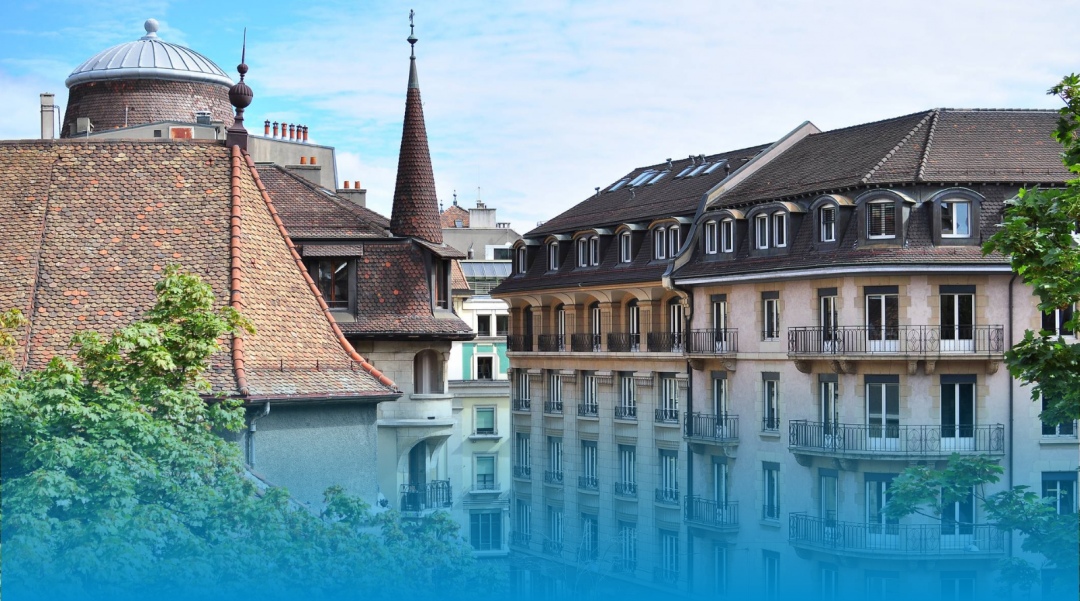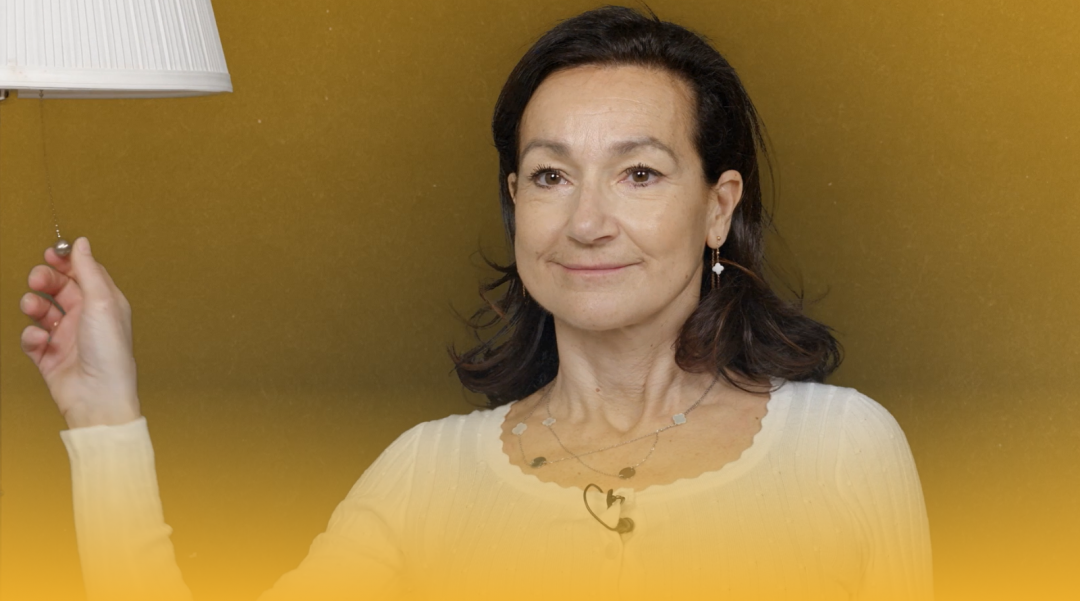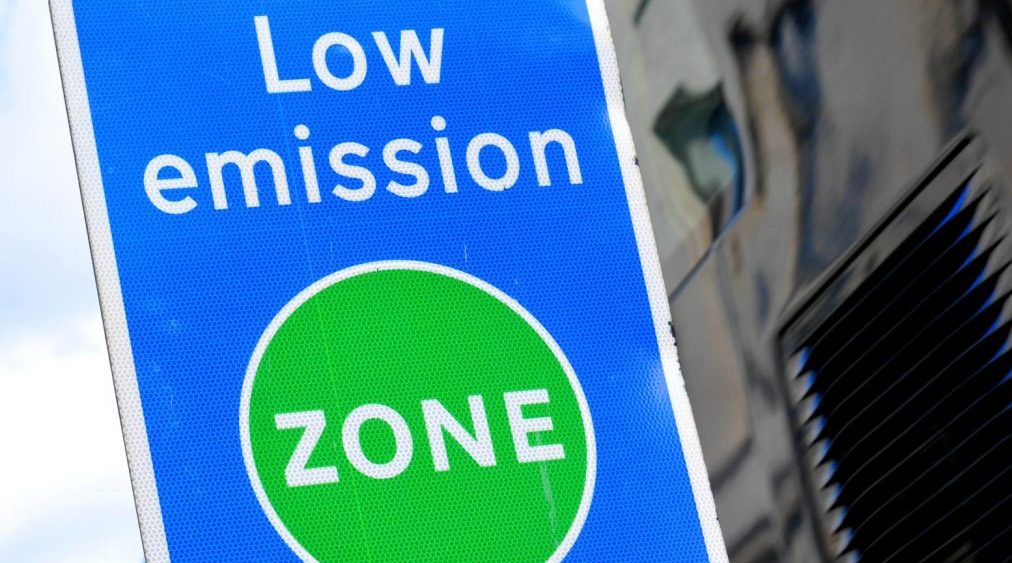In this third post of reimagining healthcare, Prof. Dominic Rohner, HEC Lausanne (UNIL) looks at how conflict is linked to the health of a population. If nations invest in combating disease this can reduce social unrest. At the same time, exposure to democracy can also have beneficial health outcomes. A peaceful and a healthy society are connected.
A billion people across the globe still live in fragile and conflict-affected states, according to the International Monetary Fund, by 2030, 60 per-cent of the world’s poor could live in these countries.1
According to the Global Peace Index for 2024 2, 97 countries have seen a deterioration in peacefulness – the highest drop since the index began 18 years ago. So, could investing in healthcare reverse this trend.
“How health policies influence social conflict has not been fully understood or studied extensively until now. What we found from our research is that if people have good access to medication this can reduces social violence,” explains Dominic Rohner, Professor of Economics at HEC Lausanne.
“A robust health system, with good governance from the state and investing in human capital makes societies more peaceful and less violent,” he adds.
Rohner’s team studied anti-retroviral treatments for HIV in Africa.3 They found that the expansion of therapies for Aids, which was the root cause of human hardship, reduced social conflict and reduced violence. With more treatment there was also an increase in trust of political institutions, where health interventions have a pacifying effect on populations.
If a population is in better health, the economy will do better and this also explains why economic disputes go down,” states Rohner.
“This is why investing in healthcare with good policies matters for avoiding violence. It’s about opportunity costs. If people are healthier, they are more productive, which means they will earn better wages. They can then move beyond just surviving and have better lives. They are then less likely to turn to crime, join anti-government forces or trigger social unrest.”
Another discussion paper authored by Rohner and others4 shows that there is also a health dividend when growing up in a democracy. While growing up in a bad regime damages lifetime health. Even if individuals migrate to a more favourable environment as an adult — the ‘health capital’ lost when growing up as a child in a dictatorship can never be recovered.
“We need more public policies for peace. The issue is that there hasn’t been much research on the specific impact of health policies on peace,” details Rohner.
“However, we do know that there is a vicious cycle, where bad public health favours conflict and social unrest can further aggravate the problem leading to bad health. Consider World War One, where the Spanish Flu ravaged nations that were already weakened by war. By investing in our future health, we can break powerful vicious cycles like these,” he concludes.
This is an issue that Rohner explores in his new book, The Peace Formula 5. The publication is an analysis of which policies can curb armed conflict and build sustainable peace. Investing in health is a powerful tool in this regard.
References:
1. International Monetary Fund, Fragile and conflict-affected states, Accessed Oct. 2024
2. Global Peace Index 2024, Institute for Economics and Peace, June 2024
3.Medication against conflict, Journal of Development Economics, Andrea Berlanda, Matteo Cervellati, Elena Esposito, Dominic Rohner, Uwe Sunde; September 2024
4. The Democracy Dividend: How Early Exposure to Democracy Shapes Health Outcomes, Federico Maggio, Dominic Rohner, Alessandro Saia, CESifo, 2024
5. The Peace Formula, Voice, Work and Warranties, Not Violence, Dominic Rohner, Cambridge University Press, August 2024




